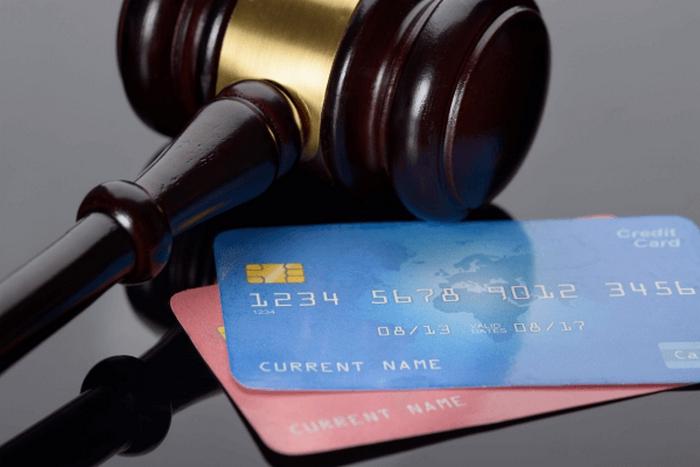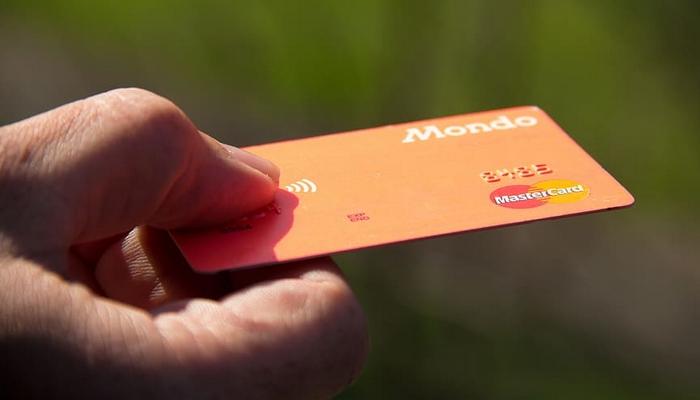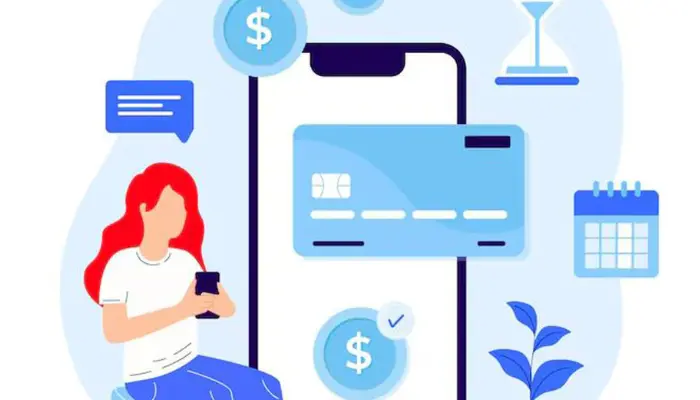What Really Happens to Your Credit Card Debt When You Pass Away
Nobody likes thinking about death. But if you’re carrying credit card debt, it’s smart to ask: What happens to it when I die?
Advertising
Do your loved ones inherit it? Does the debt vanish? Or does the credit card company come knocking?
Advertising
This guide breaks everything down in simple terms. Whether you’re planning your estate or helping an elderly parent, this article will help you understand your options and avoid surprises.
Does Credit Card Debt Disappear When You Die?

Advertising
Let’s get straight to the point: Credit card debt doesn’t just disappear.
But here’s the good news — in most cases, your family won’t be personally responsible for paying it off.
Instead, the debt is typically paid from your estate — the total value of everything you owned at the time of death, like your house, savings, investments, and personal items.
Once the estate pays off debts (like credit cards, loans, and taxes), whatever’s left goes to your heirs.
Who’s Responsible for the Debt?
Your Estate Pays First
Your estate is legally responsible. That means the executor (the person managing your estate) must use the estate’s money to pay off debts before distributing anything to heirs.
Example: If you die with $5,000 in credit card debt and $20,000 in your bank account, the executor will use $5,000 to pay the credit card. The remaining $15,000 can be passed to heirs.
Family Members Are Usually Not Responsible
Your spouse, kids, or other relatives are not personally liable, unless:
- They were a co-signer on the credit card.
- You lived in a community property state.
- They’re part of a joint account (not just an authorized user).
What If You Lived in a Community Property State?
In the U.S., nine states follow community property laws. These states consider most debts incurred during a marriage as joint debt, even if only one person’s name is on the card.
The states are:
- Arizona
- California
- Idaho
- Louisiana
- Nevada
- New Mexico
- Texas
- Washington
- Wisconsin
If you live in one of these states, your spouse might be on the hook for your credit card debt — even if they never used the card.
Tip: Talk to an estate planning attorney if you’re married and live in one of these states.
Authorized User vs. Joint Account Holder
People often confuse the two. Here’s the difference:
| Role | Liability After Death |
|---|---|
| Authorized User | Not responsible |
| Joint Account Holder | Responsible |
If you added someone as an authorized user on your card (like a spouse or child), they can use the card but aren’t liable for the debt.
But if they’re a joint account holder, they share equal responsibility. That means if you pass away, they owe the balance.
What Happens If the Estate Can’t Pay?
This is important: If there’s not enough money in the estate, most unsecured debts (like credit cards) go unpaid. Creditors can’t collect from your heirs.
This is called a “non-recourse” debt. That means the lender can’t go after your family. They can only claim against the estate.
Example:
- Estate value: $1,000
- Credit card debt: $10,000
- Outcome: The credit card company gets $1,000. The rest is written off.
What Creditors Can and Can’t Do
After someone dies, creditors can file claims against the estate. But they can’t harass family members or demand payment from someone not legally responsible.
Under the Fair Debt Collection Practices Act (FDCPA):
- Collectors can’t mislead survivors into thinking they must pay.
- They can contact the estate executor, but not call every relative.
Tip: If a collector crosses the line, report them to the Consumer Financial Protection Bureau (CFPB).
Steps to Take If a Loved One Dies With Debt
Here’s what you should do:
- Get a Copy of the Death Certificate: You’ll need this to notify credit card companies and credit bureaus.
- Contact the Credit Card Companies: Let them know about the death. They’ll freeze the accounts and guide you on next steps.
- Review the Will: Find out who the executor is. This person will handle the estate and debts.
- Notify the Credit Bureaus: Send the death certificate to Equifax, Experian, and TransUnion to prevent identity theft.
- Stop Using the Credit Cards: Even if you’re an authorized user, you can’t keep using the card after the primary holder dies. It’s considered fraud.
Can Life Insurance Be Used to Pay Debt?
It depends.
Life insurance proceeds go directly to the beneficiary, not to the estate. That means creditors usually can’t touch it — unless the estate is named as the beneficiary.
However, a beneficiary can choose to use it to pay off debts voluntarily (especially in community property states or joint accounts).
Protecting Your Family from Credit Card Debt
Planning ahead can spare your loved ones stress. Here are some smart moves:
- Keep Debt Low: Try to pay down your cards regularly.
- Create a Will: Choose a trusted executor and outline how you want your assets handled.
- Consider a Trust: A living trust can help you pass on assets without going through probate, which is where creditors usually make claims.
- Get Life Insurance: It can provide a safety net for your family if you’re worried about debt or funeral costs.
Common Myths About Debt After Death
- “My family will have to pay my credit cards.”
False, unless they co-signed or live in a community property state. - “Credit card debt dies with me.”
Not exactly. The estate still handles it. - “Collectors can take my life insurance.”
Wrong again. Life insurance goes to the named beneficiary, not creditors (unless the estate is listed).
Key Takeaways
- Your estate pays off your credit card debt, not your family.
- Spouses in community property states might be liable.
- Authorized users are not responsible, but joint account holders are.
- If the estate can’t pay, the debt usually gets written off.
- Planning ahead can reduce the burden on your loved ones.
Credit card debt after death might sound scary — but it doesn’t have to be.
With a little planning and the right knowledge, you can protect your loved ones and avoid unwanted surprises.





